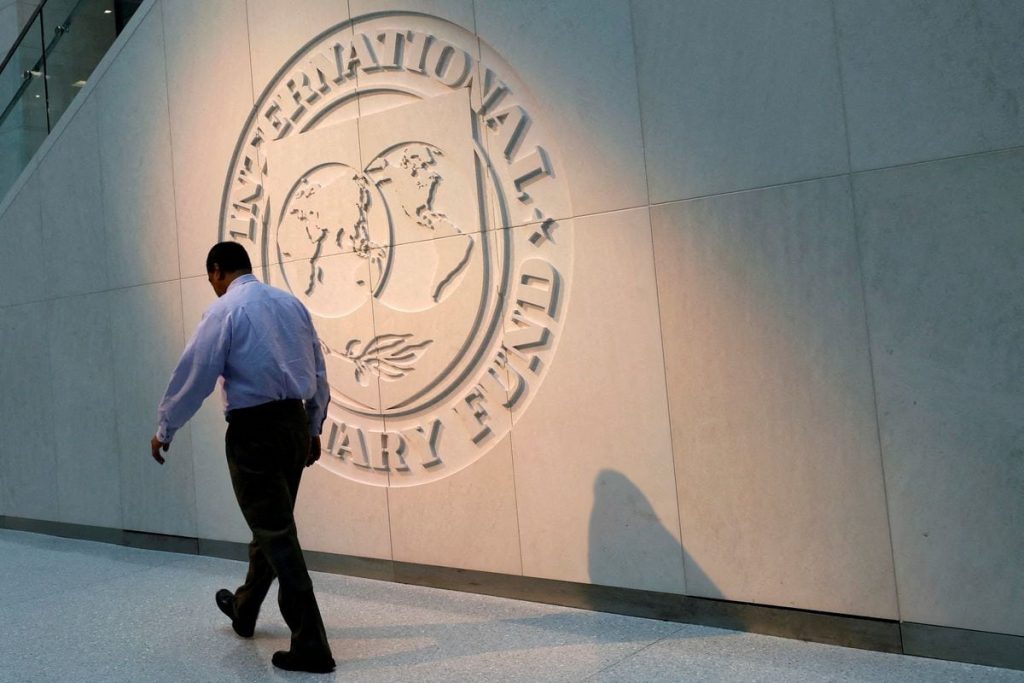The International Monetary Fund (IMF) certified yesterday the good health of the economy in Spain, which contrasts with the stagnation of the eurozone as a whole. The IMF, headquartered in Washington, has raised its growth forecast for 2024 to 1.9%, bringing it closer to the government’s projections. In the preliminary work of its traditional Article IV on Spain – the document where it analyzes the performance and economic risks of countries – the Fund highlights the strengthening of household purchasing power, the strength of the labor market, and the solidity of exports and tourism as the main drivers of the country’s economy. In addition, inflation continues to deflate and is descending “drastically” towards the 2% target set by the European Central Bank. This progress occurs in a gray context for the eurozone as a whole, which is facing another lost year due to the paralysis of Germany.
However, Spain faces major challenges to maintain this path in the medium term. The first challenge is to clean up its public accounts after the enormous and necessary fiscal effort made in the last three years to save companies and workers from the blows dealt by the pandemic and the energy crisis. The second challenge is to maintain the pace in the agenda established by European funds, which are associated with reforms in key areas such as taxation, the labor market, or pensions. Here, the Fund correctly points out one of the main risks that Spain faces: “Prolonged internal political fragmentation,” the IMF points out, “could hinder the implementation of structural reforms and fiscal consolidation, which could eventually worsen business confidence, investment, and growth, particularly if financial conditions tighten.”
Political fragmentation has been entrenched in several countries of the European Union for years. And Spain is no longer an exception. In the last legislature, the need to reach agreements with several parties did not prevent the closure of significant reforms. However, this January, the lack of agreement with Podemos, one of the parties that supported Pedro Sánchez’s investiture, embodied the parliamentary fragility that the Government faces and thwarted the reform of unemployment benefits, upon which the full receipt of the fourth disbursement of European funds, amounting to 10 billion euros, depended. In addition, entering an electoral cycle that ends in June and the competition between several of its partners has meant that the Government has renounced having a Budget that facilitates the achievement of deficit and debt reduction targets.
A more fragmented Parliament has several responses. One is in Portugal, another major beneficiary of European recovery funds. There, the center-right – the winner in the minority in the March elections – has approached the social democratic opposition by adopting more than thirty of its proposals. In Spain, on the other hand, the Government faces an opposition that could jeopardize the achievement of European funds at a crucial moment, with interest rates still at levels not seen since the early 2000s and Germany in a state of stagnation. The IMF issues a clear warning: if the Government does not fulfill its commitments with Brussels, for which it requires a parliamentary majority, the solid growth that is currently being praised by all international organizations is in danger.


